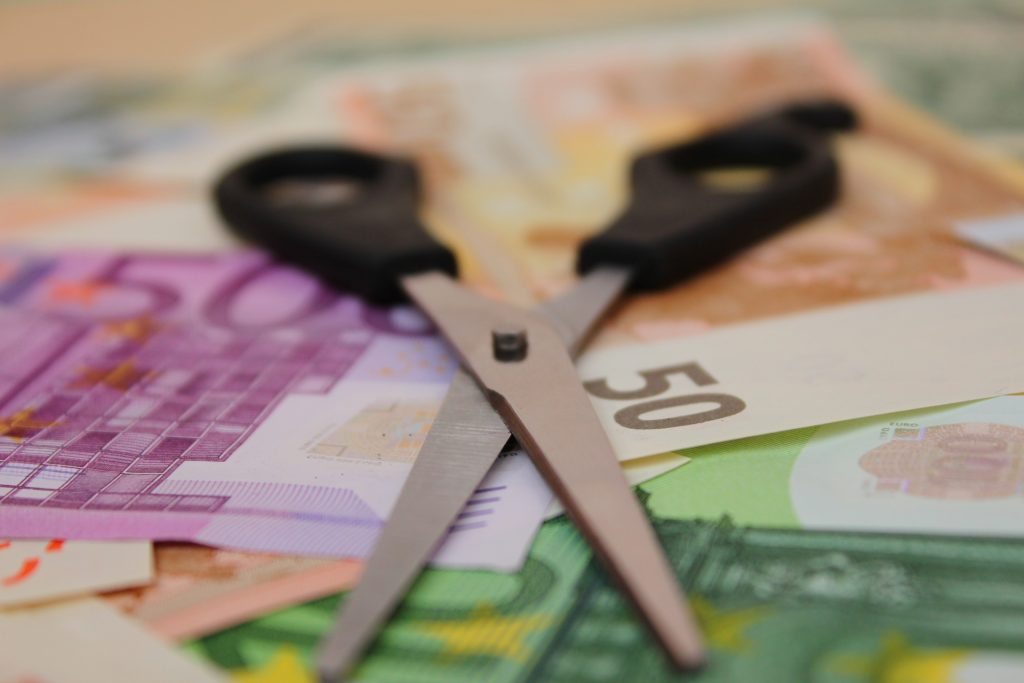
Who Picks Cherries in Slovak Hospitals?
The illusory truth effect is a psychological phenomenon describing the tendency to believe false information to be correct after repeated exposure. One example I can think of in Slovakia is the statement about \"cherry-picking\" in the hospital sector. Lower-tier hospitals cherry-pick the easy and profitable patients and send the rest to the larger state hospitals, which then make economic losses on them.











